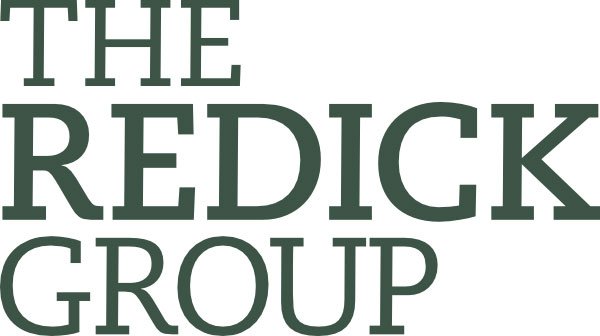I Accidentally Connected with My Boss on LinkedIn. Should I Disconnect?
Photo by Patrick Perkins on Unsplash
I can't tell you the number of times clients have asked me a variation of this question:
Jared,
I'm not sure how it happened, but it appears that my [current boss] is a first-degree connection on LinkedIn. I usually don't accept connections from people I'm currently working with. Let alone, my boss!
Is there a way to remove him without any notice?
Jane
Here was my email response to this tricky matter; edited for confidentiality.
Hi Jane,
Ah, the conundrum of removing a connection, and what it all means. Let's think it out.
As a member of the C-suite, yourself, what's the harm? Does it really hurt to be connected to your CEO? Here's a somewhat long-winded reason why it might not matter.
For starters, remember to always think of LinkedIn as a tool for business, not an online résumé. Even though LinkedIn fancies itself as just that—an online résumé (and then wonders why more people don't engage)—executives should not treat LinkedIn as an online résumé. This fundamental misconception will continue to dog LinkedIn until they realize the inherent problems with people, especially senior professionals, treating their profiles as online résumés. Too many potential serious pitfalls.
That said, I'm increasingly writing LinkedIn profiles for executive suites—meaning the entire C-suite contracts me to write profiles that complement each other, while demonstrating the collective credibility to customers, stakeholders, and other key external audiences.
While a simple 4-6 paragraph executive bio on a company's website is common and perfectly fine, a LinkedIn profile—perfectly conceived in concert with other members of a team—is like an executive bio on steroids.
"LinkedIn for Business" profiles can outline company priorities and initiatives (so long as they're okay to share publicly), champion a workforce, reinforce a company's culture and values, and a host of other beneficial non-self-serving purposes. (Because if they were self-serving, we'd expect that the profile owner was looking for a job, no?)
"LinkedIn for Business" profiles can also help unify employees around their leadership, which has become critically important in a social-sharing age when employees can anonymously champion or anonymously trash their employer with a few keystrokes.
Keep in mind that we wrote your profile so it "champions the business and demonstrates your credibility at [Company Name]." Right? But remember that there's a byproduct to that approach, especially as you're looking to conduct a stealth job search.
It just so happens that retained search firms—the ones who hold the keys to the best and most interesting executive leadership roles—love that kind of approach because they want to imagine that they're "finding and plucking happy people" into roles that those people might see as a good next step in their career. (Also, they won't likely realize your "LinkedIn for Business" profile was written with them in mind, even though we wrote it to appear as if you are happy at CompanyX.)
You might even suggest that you take it a step further and truly change the way you think about and use LinkedIn, so it actually becomes a tool for business. This might mean, then, that you'd connect with other senior leadership—and even champion the "LinkedIn for Business" idea to peer leaders. (Just omit the "positioning for recruiters" idea. They don't need to now that part, and the profiles will still serve everyone very well.)
Maybe the whole leadership team models their profiles after yours and creates a complementary story? It's where I see LinkedIn going, whether LinkedIn knows it or not. They'll figure it out someday.
If you still want to remove the connection.
So, if you're still intent on severing the connection, here's LinkedIn's help page. (Better to let them do the talking.)
There, LinkedIn states that removing a connection won't notify that person that they've been removed. However, circling back to the technical glitch issue, you just never know. A client experienced a pretty miserable event in 2007, and when he reached out to LinkedIn their response was "technical glitch." Alas, that "technical glitch" caused all sorts of awkwardness for him. Ever since I've used LinkedIn as if something could go awry at any moment.
Which all makes me wonder. What if your CEO already knows that you're connected, and then somehow notices that you've severed the connection. Would that plant a seed of doubt? Or open up more of an awkward conversation than if you left it alone?
Final thoughts.
Only you can make the decision, but I hope these ideas will help you work through the pros and cons. As for the C-suites starting to use LinkedIn as a credibility builder / tool for business, they're looking at what their profiles say to all of the audiences I discuss in my various tutorials. How will regulators view the material? Will the press find it helpful? Will analysts read between lines and make predictions? Are any of the profile accidentally giving away competitive information? How will the many potential readers regard a leadership team's profiles as a set? You remember all of my many warnings, no doubt.
Take care!
Jared

